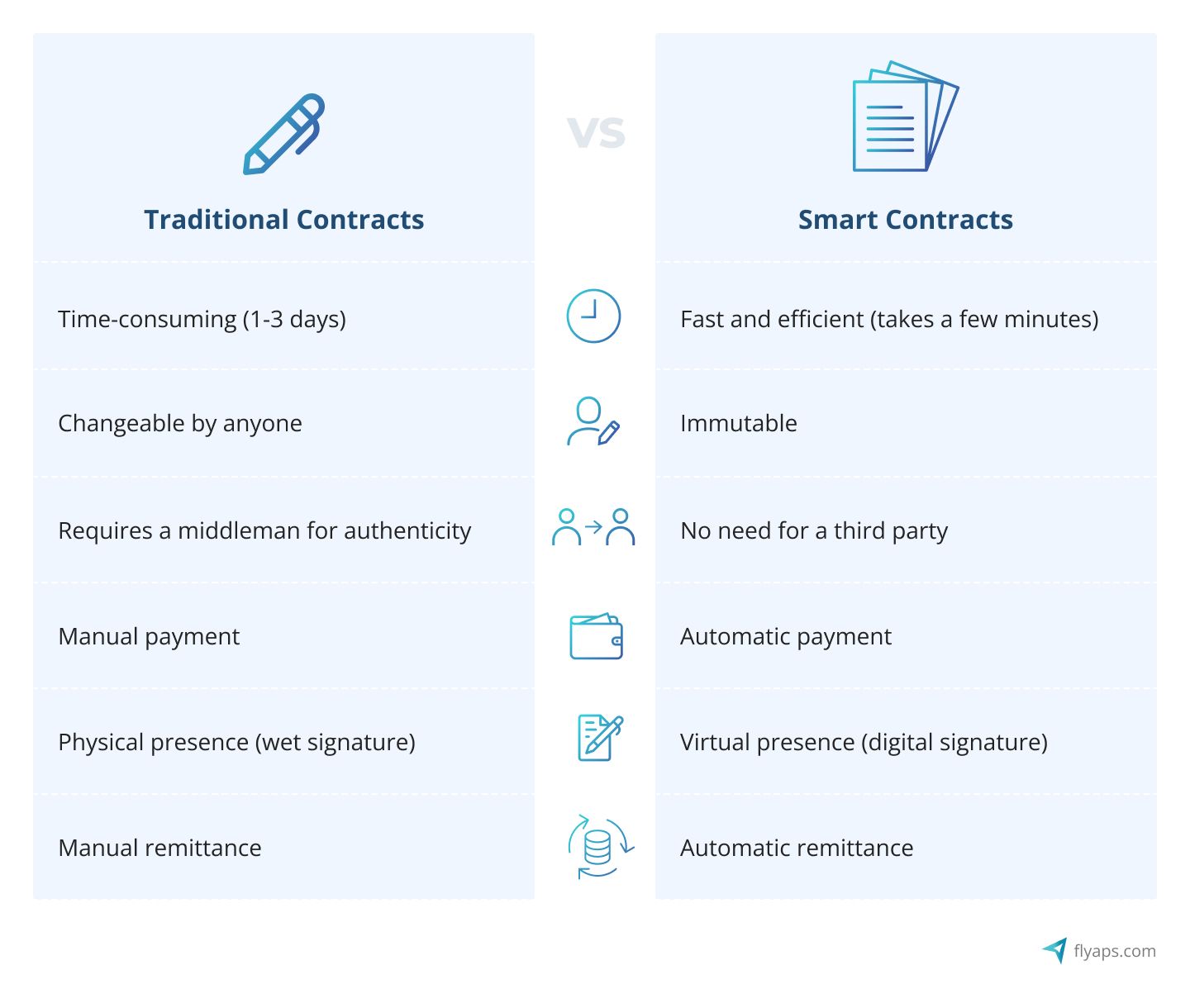
Automating Transactions: The Power of Smart Contracts
In the dynamic landscape of digital transactions, smart contracts have emerged as a revolutionary force, reshaping how agreements are executed and transactions are conducted.
Understanding Smart Contracts
Smart contracts are self-executing contracts with the terms of the agreement directly written into code. These contracts run on blockchain technology, ensuring transparency, security, and efficiency in the execution of predefined conditions. In essence, they automate and enforce the terms of a contract without the need for intermediaries.
Blockchain Backbone
At the core of smart contracts is blockchain, the distributed ledger technology that underpins cryptocurrencies. The decentralized nature of blockchain ensures that smart contracts operate in a secure and tamper-resistant environment. This not only reduces the risk of fraud but also enhances the overall trustworthiness of transactions.
Streamlining Business Processes
Smart contracts streamline business processes by automating and digitizing contractual agreements. From real estate transactions to supply chain management, smart contracts eliminate the need for manual intervention, reducing the potential for errors and delays. This efficiency is particularly beneficial in industries where swift and accurate execution is crucial.
Decentralized Autonomy
One of the key advantages of smart contracts is their decentralized autonomy. Traditional contracts often require trust in a central authority, such as a bank or legal entity. Smart contracts, on the other hand, operate on a distributed network, removing the need for a single trusted party. This decentralization enhances security and reduces the risk of manipulation.
Realizing Cost Savings
The automation brought by smart contracts translates into significant cost savings. Without the need for intermediaries, administrative overhead, and manual processing, transactions become more cost-effective. This makes smart contracts an attractive option for businesses looking to optimize their financial operations.
Enhanced Security Measures
Security is a paramount concern in the digital age, and smart contracts address this by incorporating cryptographic measures. The use of cryptographic algorithms ensures that the terms of the contract are secure and the identities of the involved parties remain confidential. This added layer of security is a critical feature in fostering trust in digital transactions.
Potential for Dispute Resolution
Smart contracts can embed predefined dispute resolution mechanisms, reducing the need for costly and time-consuming legal processes. The automated execution of contract terms and the transparency of the blockchain contribute to the swift resolution of disputes, providing a more efficient and reliable alternative to traditional legal proceedings.
Integration with IoT
The synergy between smart contracts and the Internet of Things (IoT) opens up new possibilities. Smart contracts can be programmed to interact with IoT devices, automating processes based on real-world data. This integration is particularly relevant in industries like logistics, where the movement of goods can trigger automatic contractual actions.
Evolving Regulatory Landscape
As smart contracts gain prominence, the regulatory landscape is evolving to accommodate this innovative technology. Legal frameworks are adapting to recognize and regulate smart contracts, ensuring that they align with existing laws while fostering a conducive environment for digital innovation.
Exploring the Future with Smart Contracts
Curious to explore how smart contracts are transforming the landscape of digital transactions? Dive into the possibilities at Smart Contracts. Discover firsthand how this powerful technology is automating transactions, enhancing security, and reshaping the future of contractual agreements in the digital era.